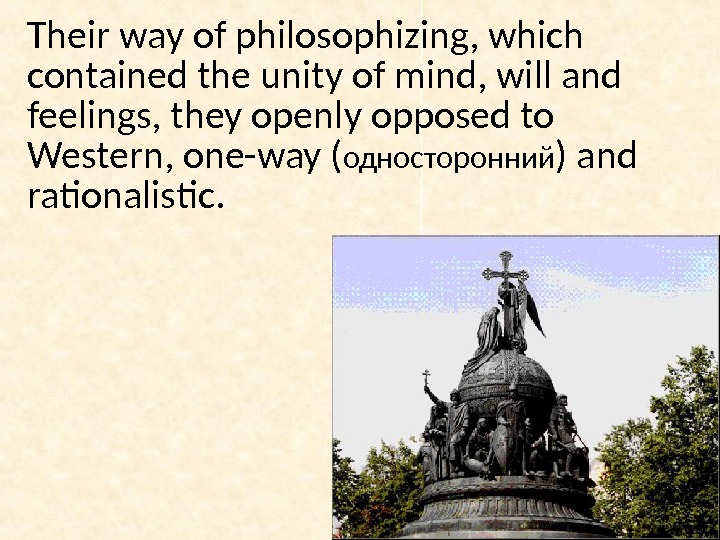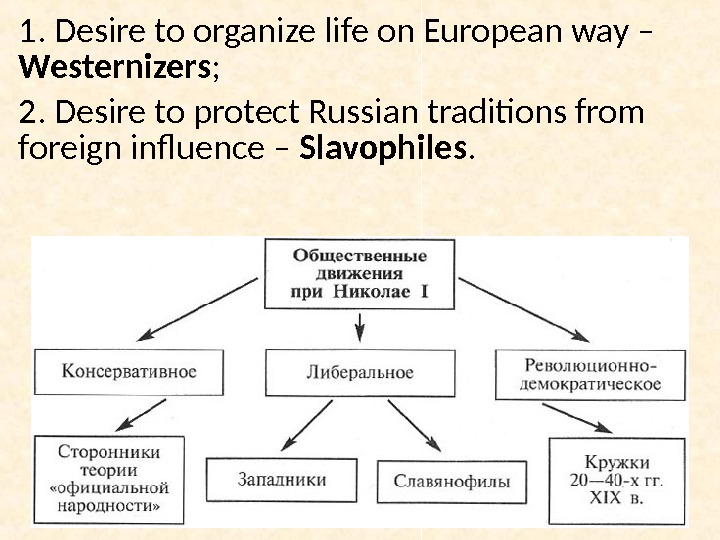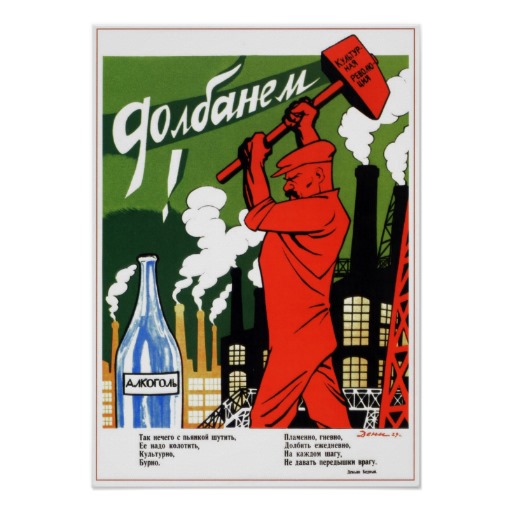In the history of the Indian subcontinent, following the establishment of an Aryan–Vedic culture, the development of philosophical and religious thought over a period of two millennia gave rise to what came to be called the six colleges of astika, or orthodox, Indian or Hindu philosophy. These colleges have come to be synonymous with the greater …
Philosophy (from Greek φιλοσοφία, philosophia, literally “love of wisdom”) is the study of general and fundamental problems concerning matters such as existence, knowledge, values, reason, mind, and language. The term was probably coined by Pythagoras (c. 570–495 BCE). Philosophical methods include questioning, critical discussion, …



non-academic skepticism. Skepticism is not restricted to professional philosophers who devote themselves to epistemological disputes regarding the origin, nature, limits, and kinds of knowledge.



Russian thinkers most known in the West: Mikhail Bakunin, the man of anarchism. Leo Tolstoi, a great writer and a preacher of universal love

A vague sense of disquiet settled over Europe in the period between World War I and World War II. As the slow burn of militant ultranationalism mingled with jingoist populism, authoritarian leaders and fascist factions found mounting support among a citizenry hungry for certainty. Europe’s growing


H ouse numbers:- laser cut aluminium, cast iron plaques, i lluminated perspex, oil rubbed bronze, s tencils and paint, carvings in wood. These not only identify the house, but reveal the occupant. The number on a front door in an African township. We are immediately impressed by the attitude it expresses:-a bold and careless statement that this is no. …

Introduction: This dictionary is an aid to the readers of Muslim philosophical works that are in Arabic. It includes most of the terminology that was developed by Muslim philosophers in their works and the terms that they borrowed -and sometimes translated- from Greek (Hellenistic), Syraic, Persian and Indian philosophical works.
Philosophical fiction refers to the class of works of fiction which devote a significant portion of their content to the sort of questions normally addressed in discursive philosophy.These might include the function and role of society, the purpose of life, ethics or morals, the role of art in human lives, and the role of experience or reason in the …
Russian Philosophy. This article provides a historical survey of Russian philosophers and thinkers. It emphasizes Russian epistemological concerns rather than ontological and ethical concerns, hopefully without neglecting or disparaging them. After all, much work in ethics, at least during the Soviet period, strictly supported the state, such that …
Consciousness – dead-ends in philosophy and cognitive science. Description and discussion of some strnge ideas: homunculi, dualism, epiphenomenalism, solipsism and panpsychism.
Recent Comments